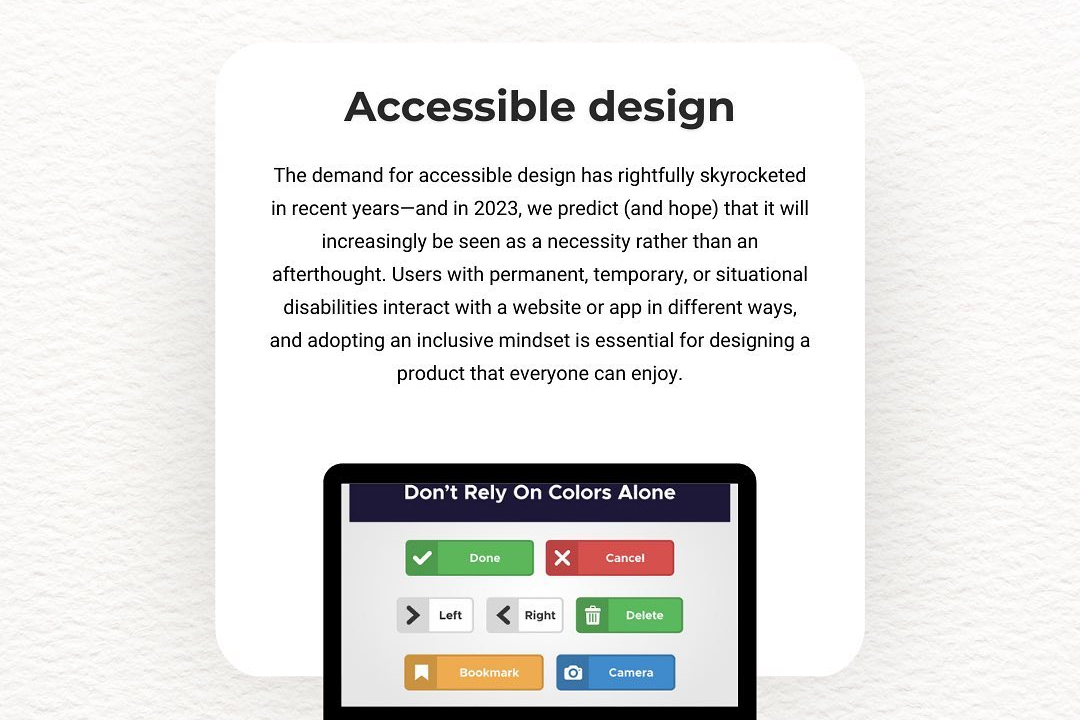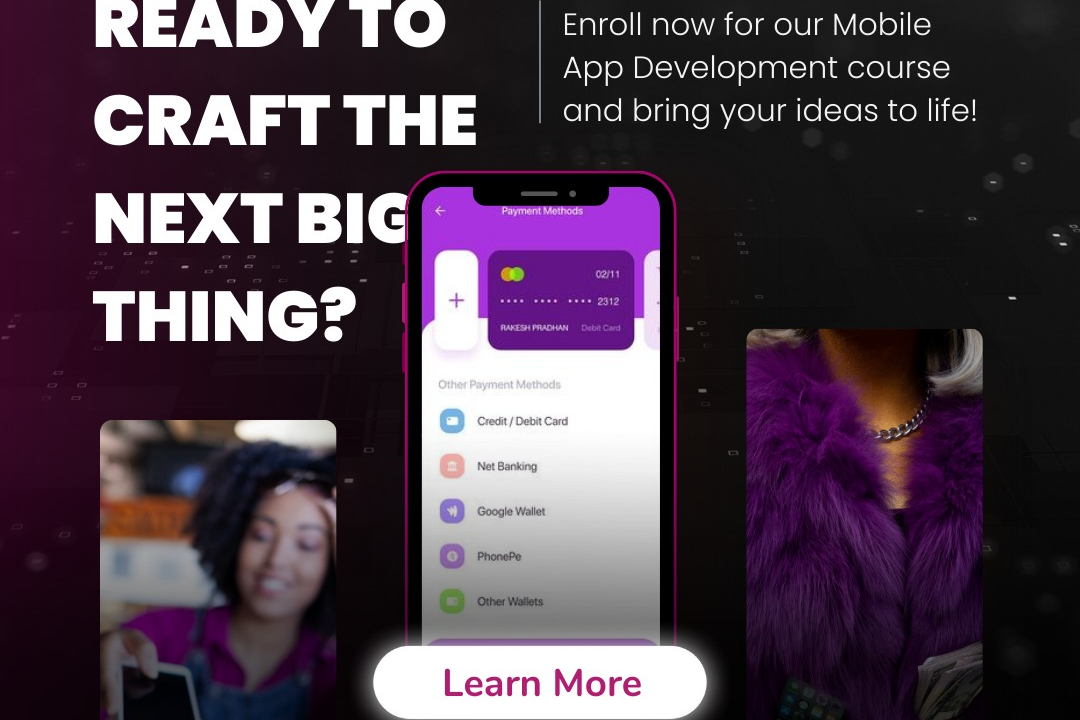Google App Engine PHP Program Tutorial
The Google App Engine PHP Program Tutorial by JustAcademy provides a step-by-step guide to building,
Google App Engine PHP Program Tutorial
The Google App Engine PHP Program Tutorial by JustAcademy is a valuable resource for developers looking to build scalable and efficient web applications using PHP on Google Cloud Platform. It offers comprehensive guidance on deploying and managing PHP apps in a cloud environment, enabling developers to leverage Google App Engine’s automatic scaling, load balancing, and integrated services. This tutorial simplifies the complexities of cloud deployment, making it accessible for developers to create high-performance applications with real-time capabilities, cost-effective infrastructure, and easy maintenance—ultimately empowering businesses and developers to innovate faster and deliver reliable web solutions.
To Download Our Brochure: https://www.justacademy.co/download-brochure-for-free
Message us for more information: +91 9987184296
The Google App Engine PHP Program Tutorial by JustAcademy is a valuable resource for developers looking to build scalable and efficient web applications using PHP on Google Cloud Platform. It offers comprehensive guidance on deploying and managing PHP apps in a cloud environment, enabling developers to leverage Google App Engine’s automatic scaling, load balancing, and integrated services. This tutorial simplifies the complexities of cloud deployment, making it accessible for developers to create high performance applications with real time capabilities, cost effective infrastructure, and easy maintenance—ultimately empowering businesses and developers to innovate faster and deliver reliable web solutions.
Course Overview
The ‘Google App Engine PHP Program Tutorial’ by JustAcademy provides a concise, hands-on guide to deploying, managing, and scaling PHP applications on Google Cloud Platform, equipping developers with practical skills to build efficient, cloud-native web apps using real-time projects and best practices.
Course Description
The ‘Google App Engine PHP Program Tutorial’ course offers a practical introduction to deploying and managing PHP applications on Google Cloud, covering key concepts, best practices, and real-world project implementation.
Key Features
1 - Comprehensive Tool Coverage: Provides hands-on training with a range of industry-standard testing tools, including Selenium, JIRA, LoadRunner, and TestRail.
2) Practical Exercises: Features real-world exercises and case studies to apply tools in various testing scenarios.
3) Interactive Learning: Includes interactive sessions with industry experts for personalized feedback and guidance.
4) Detailed Tutorials: Offers extensive tutorials and documentation on tool functionalities and best practices.
5) Advanced Techniques: Covers both fundamental and advanced techniques for using testing tools effectively.
6) Data Visualization: Integrates tools for visualizing test metrics and results, enhancing data interpretation and decision-making.
7) Tool Integration: Teaches how to integrate testing tools into the software development lifecycle for streamlined workflows.
8) Project-Based Learning: Focuses on project-based learning to build practical skills and create a portfolio of completed tasks.
9) Career Support: Provides resources and support for applying learned skills to real-world job scenarios, including resume building and interview preparation.
10) Up-to-Date Content: Ensures that course materials reflect the latest industry standards and tool updates.
Benefits of taking our course
Functional Tools
1 - Google App Engine (GAE):
Google App Engine is a managed platform that allows developers to deploy and run web applications without managing the underlying infrastructure. It supports multiple programming languages, including PHP, and offers automatic scaling, load balancing, and high availability. Students learn how to deploy PHP applications seamlessly on GAE, benefiting from its serverless environment which reduces operational overhead. The platform handles traffic spikes efficiently, ensuring applications remain responsive. Training involves setting up projects, configuring environments, and deploying PHP code, giving students hands on experience in modern cloud native deployment.
2) Google Cloud Console:
This web based interface serves as the central management dashboard for configuring, monitoring, and maintaining applications running on Google Cloud. Students familiarize themselves with navigating the console to manage resources, view logs, and troubleshoot issues. It provides comprehensive insights into application performance, billing, and security settings. Through this, learners understand how to control their app's lifecycle and optimize its performance using intuitive graphical tools.
3) Cloud SDK (Software Development Kit):
The Cloud SDK is a collection of command line tools that facilitate interaction with Google Cloud services. Students learn to use CLI commands to deploy applications, manage resources, and monitor their PHP applications on GAE. It provides greater control and automation capabilities compared to the web console. The SDK also supports scripting deployment workflows, which enhances productivity and consistency in managing multiple projects.
4) Google Cloud Logging:
This tool aggregates logs generated by applications deployed on Google Cloud, including App Engine. Students learn how to access, filter, and analyze logs to troubleshoot runtime errors and monitor app activity. Logging is crucial for maintaining application health, tracking usage patterns, and ensuring security compliance. Exposure to this tool helps students develop skills in proactive monitoring and incident management.
5) Google Cloud Monitoring:
Cloud Monitoring provides real time metrics and alerts for applications running on GAE. Students understand how to set up dashboards, define custom metrics, and configure alerts for performance anomalies. Familiarity with this tool ensures that students can maintain application reliability and promptly address issues, thereby enhancing user experience through proactive management.
6) Cloud Build:
This CI/CD platform automates the build and deployment process of PHP applications on Google Cloud. Students learn how to configure build pipelines that automate testing, packaging, and deploying code changes. Automating these steps ensures faster release cycles, consistent deployments, and reduces human error. Understanding Cloud Build empowers students to implement DevOps practices effectively.
7) Cloud SQL:
Google Cloud SQL offers managed relational databases compatible with PHP applications. Students explore how to provision, connect, and manage databases for their applications. Proper database management ensures data integrity, security, and scalability. Integration with Cloud SQL enables students to develop full stack cloud applications with reliable backend support.
8) Google Cloud Storage:
This service provides scalable object storage for static assets, backups, and media files used in PHP applications. Students learn to upload, retrieve, and manage files via APIs or CLI tools. Utilizing Cloud Storage enhances application performance and scalability by offloading static content hosting from the application server. It also offers security features like access control and encryption.
9) Identity and Access Management (IAM):
IAM allows students to set detailed permissions and roles for different team members or services interacting with Google Cloud resources. Learning to configure IAM ensures secure access control, protecting sensitive data and critical services. Proper understanding of IAM practices is essential for maintaining a secure cloud environment.
10) Deployment Manager:
This Infrastructure as Code tool helps automate the provisioning and configuration of cloud resources. Students learn to define deployment templates and manage complex environments systematically. Deployment Manager simplifies scaling and environment replication, making cloud infrastructure management more reliable and repeatable.
11 - Google Cloud APIs:
Various APIs enable integration of external services and functionalities with PHP applications, such as Maps API, Machine Learning API, or Cloud Speech. Students explore how to call these APIs from their applications to add advanced features, making their programs more dynamic and feature rich. API integration expands the scope and interactivity of cloud based PHP projects.
12) Monitoring and Alerting Tools:
These tools help set up notifications for application issues or resource limits. Students learn to configure alerts for specific performance thresholds, ensuring proactive responses to potential problems. This training develops skills in maintaining operational excellence and minimizing downtime in cloud deployments.
13) Networking Components:
Understanding Virtual Private Cloud (VPC), load balancing, and firewall rules is crucial for securely linking PHP applications with other Google Cloud services. Students learn how to design network architectures that optimize performance and security for their applications.
14) Cloud Endpoints:
This API management tool enables students to create, deploy, and secure APIs for their PHP applications. It facilitates analytics, security, and version control, ensuring APIs are robust and scalable. Learning Cloud Endpoints prepares students for building scalable cloud based API services.
15) Stackdriver Debugger:
A free diagnostic tool that allows real time debugging without stopping production applications. Students learn how to set breakpoints, inspect variables, and troubleshoot issues live in their cloud environment. This accelerates problem resolution and enhances application quality.
16) Cloud Tasks:
This asynchronous task execution service helps manage background processes and scheduled jobs within PHP applications. Students utilize Cloud Tasks to offload resource intensive operations, improving application responsiveness and reliability.
17) Cloud Identity:
This identity management system enables single sign on (SSO), user provisioning, and access control. Students learn to integrate authentication into their PHP applications securely, supporting enterprise grade security and user management.
18) Cloud Scheduler:
A fully managed cron service that schedules and runs batch jobs or background tasks. Students learn to automate routine maintenance or processing tasks, ensuring operational efficiency and consistency.
19) Cloud Spanner and BigQuery:
Advanced features for large scale data storage and analytics. Students explore how to store, query, and analyze vast amounts of data efficiently, supporting data driven decision making in their applications.
20) Cost Management Tools:
Students learn to monitor and optimize cloud spending through billing reports and budgeting tools. Understanding cost management helps maintain project sustainability and control over resource expenditures.
Each of these tools plays a vital role in deploying, managing, and scaling PHP applications on Google Cloud, providing students with comprehensive practical knowledge necessary for modern cloud native development
21 - Cloud Run:
Cloud Run enables deploying and managing containerized applications seamlessly without managing the underlying infrastructure. Students learn to containerize PHP applications using Docker, deploy them to Cloud Run, and benefit from automatic scaling, load balancing, and serverless execution. This fosters flexibility and simplifies the deployment process for modern microservices architectures.
22) Cloud Armor:
Google Cloud Armor provides security features to protect applications against DDoS attacks and web vulnerabilities. Students learn to configure security policies, enforce IP whitelisting/blacklisting, and safeguard their PHP applications from malicious traffic, ensuring high availability and security compliance.
23) Cloud Dataflow:
A fully managed stream and batch data processing service. Students explore how to perform real time data transformations and analytics on data generated by PHP applications, supporting insights, reporting, and complex event processing in production environments.
24) Cloud Data Loss Prevention (DLP):
The DLP API helps identify and protect sensitive information within application data. Students learn to scan data for PII or confidential info, implement masking or encryption, and enhance data privacy compliance within their cloud applications.
25) Cloud Identity Aware Proxy (IAP):
IAP secures application access by enforcing identity based access controls. Students understand how to restrict application access to authorized users only, integrating with OAuth 2.0, and providing secure remote access for their PHP projects.
26) Cloud Machine Learning APIs:
Integration of Google’s ML APIs allows adding intelligent features like image recognition, translation, or sentiment analysis to PHP applications. Students learn to call these APIs to build smarter, data driven applications.
27) Cloud Pub/Sub:
A messaging service that enables asynchronous communication between application components. Students learn to decouple services, implement event driven architectures, and improve scalability by integrating Pub/Sub with PHP applications.
28) Cloud Trace:
This tool provides detailed insights into application performance by tracing requests across services. Students learn to analyze latency and optimize the speed of their cloud deployed PHP applications.
29) Cloud Backup and Disaster Recovery:
Implementation of automated backup solutions for databases and storage, ensuring data resilience and quick recovery in case of failures. Students learn best practices for securing their data and minimizing downtime.
30) Cloud Resource Manager:
Enables organizing and managing cloud resources through projects, folders, and organizations hierarchies. Students understand how to structure and control access at scale, facilitating large team collaborations and governance.
31 - API Gateway:
API Gateway manages and secures API endpoints for PHP applications. Students learn to control traffic, enforce security policies, and monitor API usage, making their application services more scalable and manageable.
32) App Engine Standard vs. Flexible Environment:
Understanding the differences, use cases, and deployment strategies for each environment allows students to choose the optimal setup for their PHP applications based on complexity, scalability, and control requirements.
33) Service Accounts and Key Management:
Securely managing credentials and permissioning for automated scripts and services. Students learn best practices for creating, rotating, and securing service account keys in their cloud projects.
34) Cloud Identity Platform:
Extends authentication options, supporting multiple identity providers including social login, SAML, and OpenID. Students can implement flexible, secure user authentication for their PHP apps.
35) Cloud Filestore:
Provides high performance managed file storage, ideal for applications requiring shared filesystem access. Students understand how to integrate persistent storage for PHP applications needing file sharing.
36) Managed SSL Certificates:
Enable secure HTTPS connections for applications hosted on Google Cloud, ensuring data privacy and trust for end users. Students learn how to provision, deploy, and manage SSL/TLS certificates easily.
37) Stackdriver Profiler:
A continuous profiling tool that helps identify performance bottlenecks in production. Students gain insights into CPU and memory usage, optimizing their PHP applications for better efficiency.
38) Hybrid Cloud and Multi Cloud Strategies:
Understanding how to integrate Google Cloud services with other cloud providers or on premises infrastructure. Students learn to design flexible architectures that meet organizational needs.
39) Automated Testing with Cloud Build:
Incorporating automated unit, integration, and end to end testing into deployment pipelines. Students learn to ensure code quality and reduce bugs before production rollout.
40) Compliance and Data Privacy Tools:
Google Cloud offers tools enabling GDPR, HIPAA, and other compliance standards. Students learn how to configure and audit their environment to adhere to legal and regulatory requirements.
Integration of these tools and services enhances the versatility and robustness of PHP applications, empowering students to build scalable, secure, and high performance cloud solutions with confidence.
Browse our course links : https://www.justacademy.co/all-courses
To Join our FREE DEMO Session:
This information is sourced from JustAcademy
Contact Info:
Roshan Chaturvedi
Message us on Whatsapp: +91 9987184296
Email id: info@justacademy.co
Selenium Training In Hyderabad Dilsukhnagar












